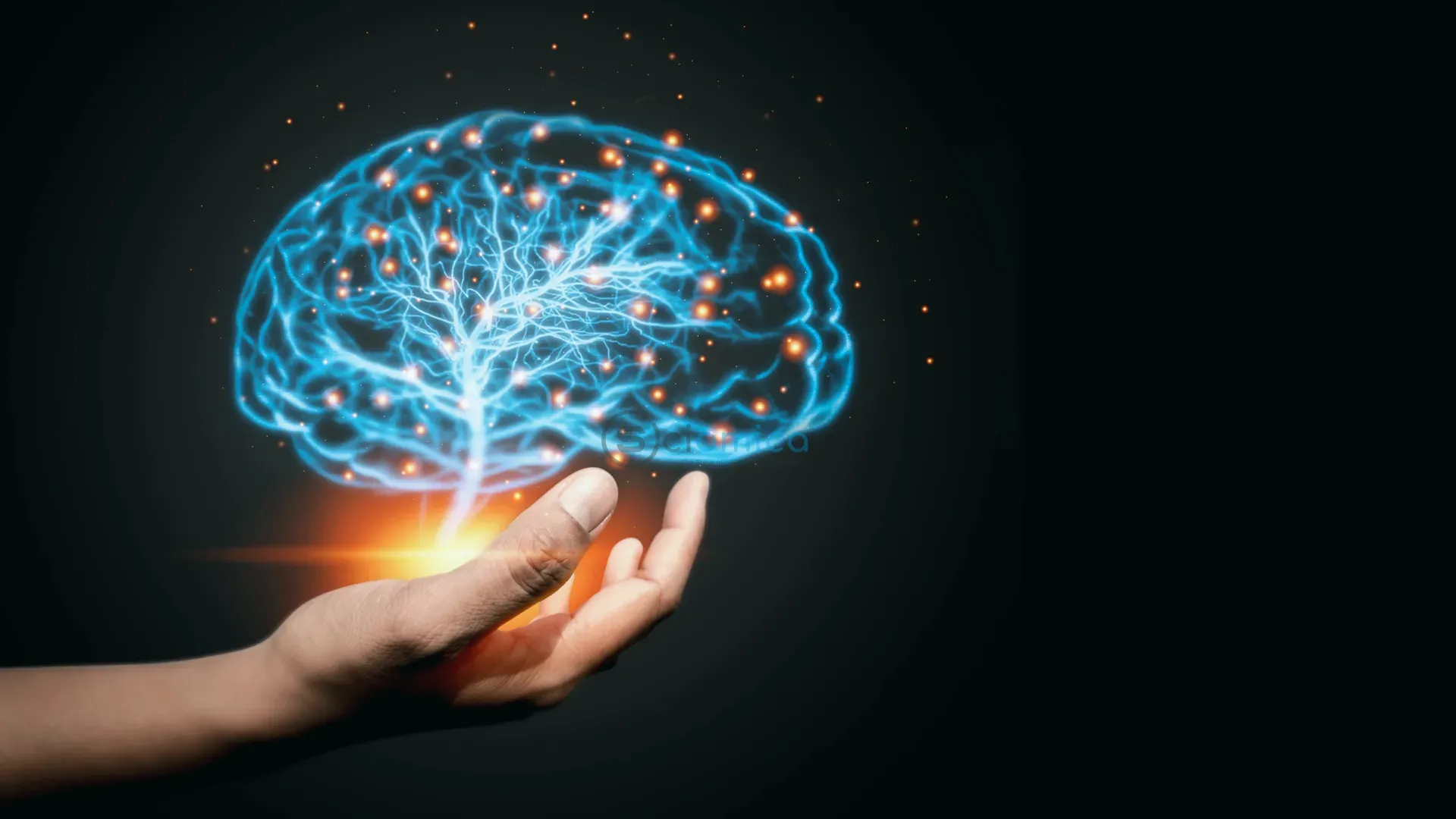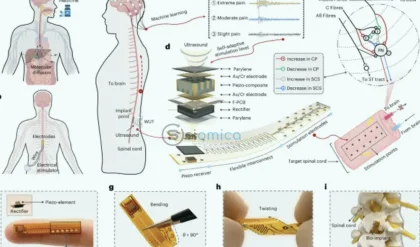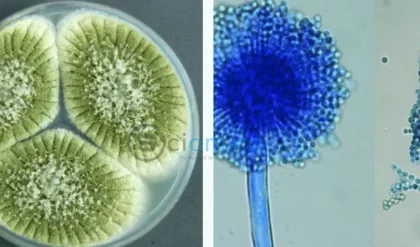
Researchers at the University of California San Diego School of Medicine have made significant strides in the development of a gene therapy aimed at treating Alzheimer’s disease, a progressive neurological disorder that impacts millions worldwide. This innovative approach seeks not only to manage symptoms but potentially to address the underlying causes of the disease by modifying the behavior of brain cells.
Alzheimer’s disease is characterized by the accumulation of abnormal protein deposits in the brain, leading to the death of neurons and significant declines in cognitive abilities and memory. Although current treatments can help ease symptoms, they primarily focus on reducing the presence of these unhealthy proteins rather than halting the disease’s progression. The new gene therapy, however, marks a potential shift in treatment strategies by attempting to restore normal cellular function within the brain.
The researchers conducted experiments using mice models to assess the effectiveness of the therapy. Their findings were promising: administering the gene therapy during the symptomatic phase of Alzheimer’s resulted in the preservation of hippocampal-dependent memory, which is crucial for cognitive functionality and frequently deteriorates in patients with the disease. Moreover, treated mice demonstrated a gene expression pattern akin to that of healthy mice, indicating that the therapy holds the potential to revert diseased cells to a more functional state.
These groundbreaking results herald a new era in Alzheimer’s research, demonstrating that it may be possible to not merely manage the condition but actively combat its advances. While the prospect of translating these findings into human clinical trials is on the horizon, it is essential that further studies are conducted to fully understand the therapy’s efficacy and safety in humans.
The implications of this research are profound, as it could pave the way for novel interventions that not only alleviate symptoms but also protect cognitive health and brain integrity. The study has been documented in the journal Signal Transduction and Targeted Therapy, further underscoring its scientific significance. The research team was led by Brian Head, Ph.D., a professor of anesthesiology at UC San Diego and a Veterans Affairs research career scientist, alongside co-senior author Shanshan Wang, M.D., Ph.D., who is also an assistant professor of anesthesiology at the same institution.
In a strategic move to advance their findings, UC San Diego licensed the gene therapy technology to Eikonoklastes Therapeutics in 2021. Eikonoklastes has since received Orphan Drug Designation from the FDA for the application of this patented gene therapy in treating amyotrophic lateral sclerosis (ALS), also known as Lou Gehrig’s disease. This dual use reinforces the therapy’s versatility and potential beyond Alzheimer’s.
As researchers continue to explore the effects and applications of this promising gene therapy, the hope is to bring forth a treatment that can significantly improve the quality of life for those affected by Alzheimer’s disease, offering a beacon of hope amid the challenges posed by this debilitating condition.
Reference:
- Dongsheng Wang, Andrei V. Chernov, Ryan Lam, Hongxia Wang, Wenxi Li, Xiaojing Li, Tiffany Duong, Shanshan Wang, Brian P. Head. Neuron-targeted caveolin-1 overexpression attenuates cognitive loss and pathological transcriptome changes in symptomatic Alzheimer’s disease models. Signal Transduction and Targeted Therapy, 2025; 10 (1) DOI: 10.1038/s41392-025-02258-z






